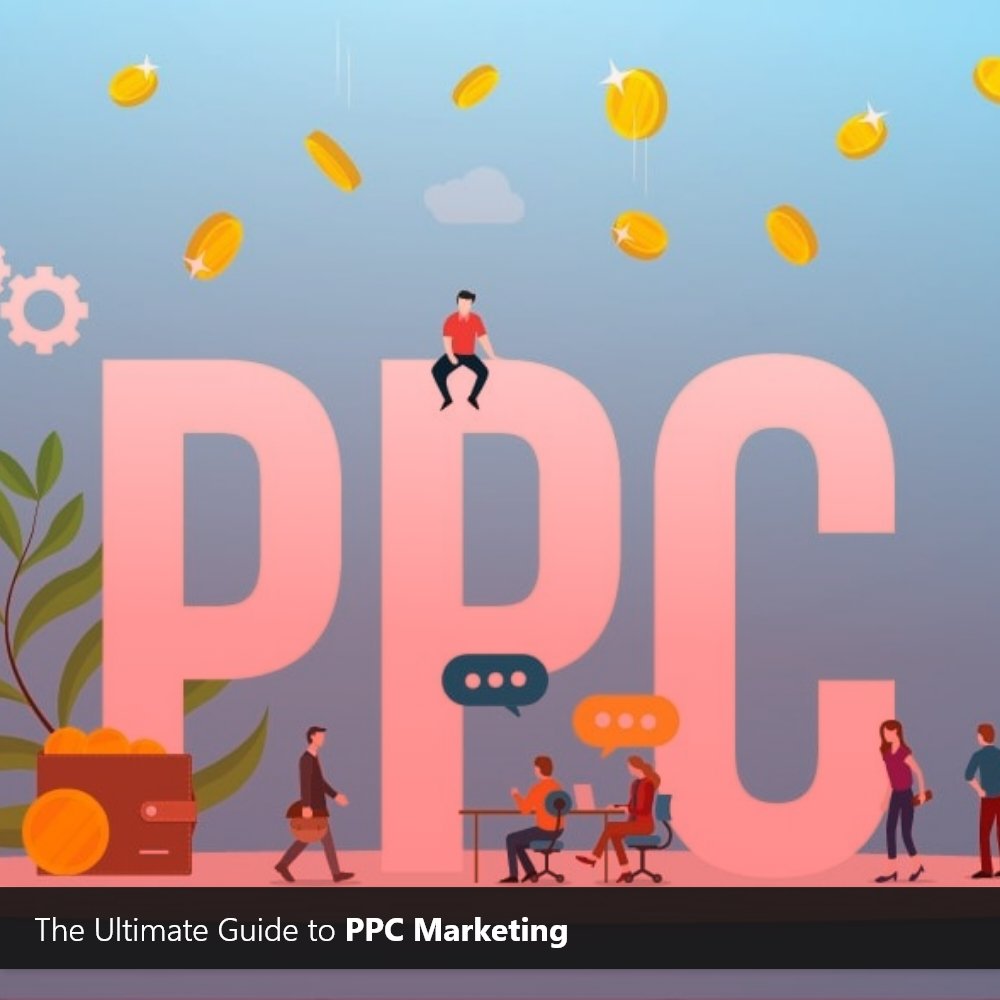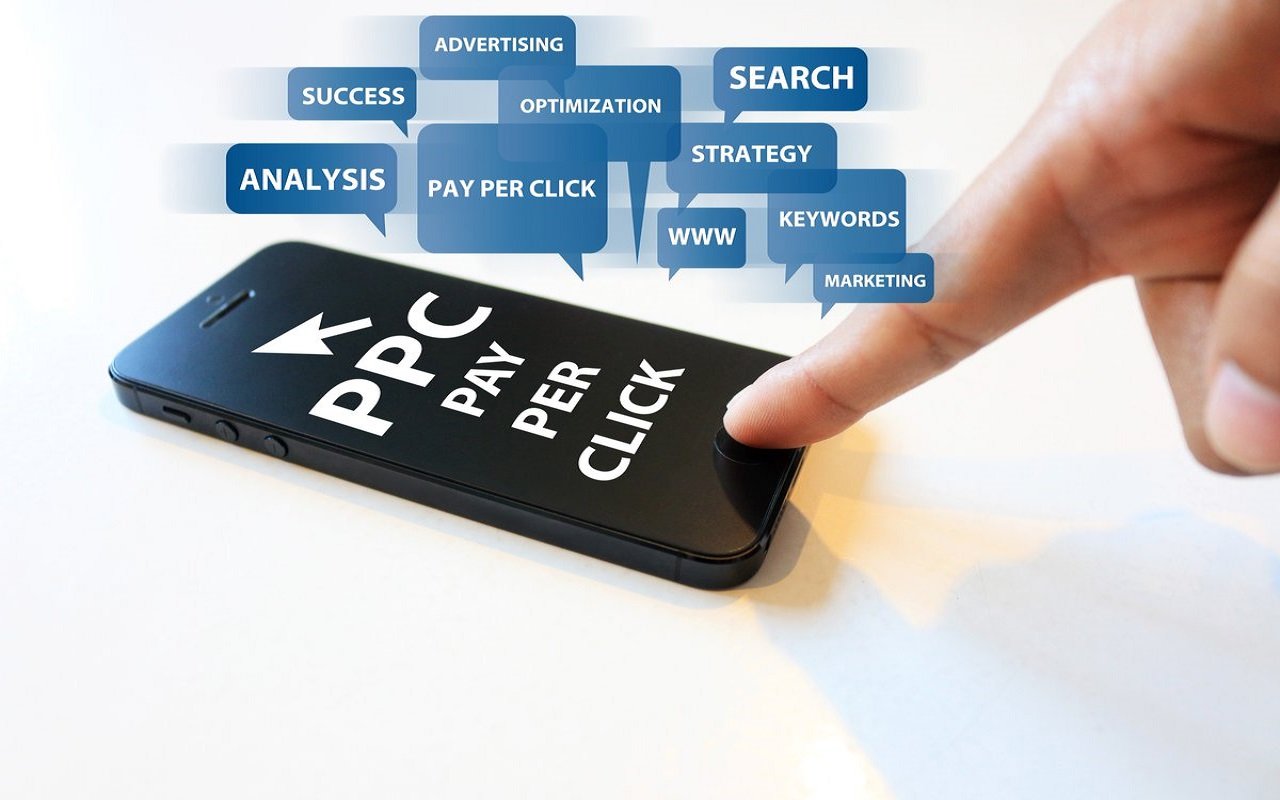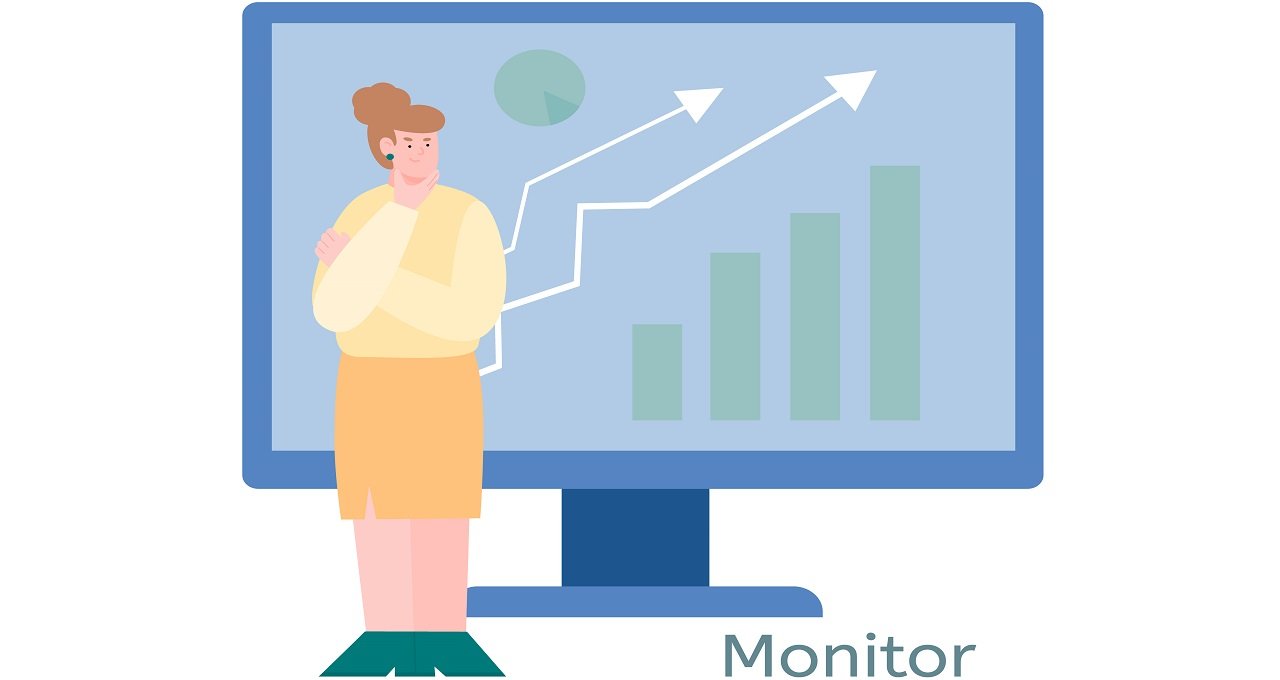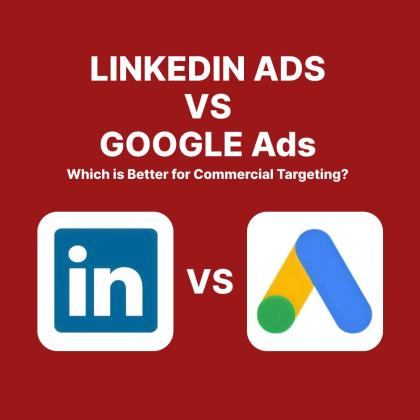The Ultimate Guide to PPC Marketing

The concepts and tools of digital marketing have entirely revolutionized the manner in which the marketing function of any brand or organization was taken into account. With the plethora of new tools that are technically fuelled, digital marketing has come up as the boon that today's industries were waiting for in terms of marketing their products. Social media marketing, search engine optimization and pay-per-click advertising are the major tools being used by every digital marketing company to leverage this marketing methodology to generate leads for their clients.
Pay per click (PPC) advertising has specifically come up as one of the most efficient and impacting ways to digitally market a product or service. It is; however, key to note that the efficiency of a PPC campaign majorly depends upon the diligence and competence of the PPC management company that you have partnered with.
What is PPC management?

Pay per click advertising is undoubtedly an effective tool for digital marketing. It, however, requires proper management, strategy, and appropriate budget to deliver results. The organizations or entrepreneurs looking forward to leveraging the benefits of pay per click for their brands must take note of the essentiality that efficient PPC management plays in the success of a digital campaign.
-
Keyword Analysis
A pay per click campaign management focuses on the creation and optimization of the campaign thus deployed. PPC campaign management involves keyword analysis which deals with choosing the right keywords for your Google ads under PPC ad campaigns. Essential phrases and terms push the PPC ads to appear in search results and therefore choosing the right keyword helps you to make your ad appear in the relevant searches. For PPC management it is important to conduct keyword research and to find the appropriate and related key terms to your purpose and brand.
-
Channel Targeting
.png)
Channel targeting is another important part of PPC campaign management that deals with the channels on which your advertisements will be run. It is a common notion that the advertisements are run only on Google whereas other search engines like Bing and social media networks like Facebook also contribute a fair percentage of share in PPC channels. Targeting the channels that are relevant to your intended customer base is very important and so is the management thereof.
-
Competitive Analysis

To stay continually relevant and active in terms of your pay per click campaign you have to make sure that competitiveness is maintained throughout. For this purpose, PPC campaign management also includes a competitive analysis where you perform an in-depth assessment of the strategies and tools being used by your competitors on the same platforms that are being used by your brand. Irrespective of the executor type of PPC campaign that is an in-house team or an external partner, the conduction of competitive analysis will remain relevant to both. The competitive analysis involves monitoring the bid amounts, keyword selection, ad copy, and other relevant positioning factors concerning your competitors.
-
Creation of Landing Page

Managing a PPC campaign also requires the creation of a landing page. In simpler terms, the landing page is the page of your website where the prospective customer will land after clicking on the Google display ads. The relevance and rightfulness of your landing page is a major determinant of the time that the prospective customer will spend on your website and if or not the customer would be interested in exploring more of your website.
-
Monitoring

As a key part of management, monitoring of the campaign is essentially done by the Digital Marketing Company handling your PPC campaign. The digital marketing company doing it for your brand will continuously monitor the performance of the campaign to analyze if any optimization in keyword targeting, updating the ad copy or change in the landing page is required.
-
Testing
Testing the different parts of your display ads is also done under PPC management as it helps you in ensuring that you are putting out the best version of the advertisement. Under this, you can test everything right from your landing page title to the advertisement extensions placed by you.
How does PPC Work?
Pay Per Click advertising is a very wide category that includes a plethora of platforms and mediums over which the respective advertisements are run. In a general context though, the PPC ads can be classified into two categories that are Google ads and social media advertising.
For Google ads, you pay Google an amount in order to get your advertisements posted under organic search listings and when a user clicks on your advertisement you pay the cost per click from your budget to Google. After depletion of your entire budget Google ceases to run your advertisements until the funds are replenished. Google ads include local search ads, search ads, display ads, remarketing, etc.
Under social media ads, Facebook and Instagram ads are the most prevalent ones. Here, you have the option to define your intended audience based on location, interest, age group, gender, demographics, etc. Following this, you can boost your posts with a single click and the advertisement will be shown to the targeted audience for a customizable budget that concerns the reach that you intend to attain.
Types of PPC Ads?
Depending upon the purpose of running a pay per click campaign and the strategy been deployed, there are around eight types of PPC ads.
- Search ads
- Display ads
- Social ads
- Remarketing ads
- Google shopping ads
- Local service ads
- Gmail sponsored promotions
- Instream ads
How much does PPC management cost?
PPC campaign management depends upon a large number of factors that contribute to your campaign budget and also determine the overall success that you shall expect from it. However, we can make certain segregations to understand the diversity of costing for PPC management accounting for different factors.
-
The geographical Location of the Target
On multiple pay-per-click platforms, one can select the location of the target where they would like the advertisement to be shown. As you keep on narrowing down the specifications of your audience the more expensive the cost per click will get. If you are keen at focusing on a very specific type of audience then you need to be prepared with a budget heavier than the cases where broader audience specification works.
-
Industry and Target Keywords
The level of competition between your advertisement campaigns and that of your competitors will vary based upon your industry and the keywords that you opt for will directly affect the potential cost per click of your keywords.
For example, some keywords cost as low as $0.05 per click, others can also range as high as $50 or more per click.
-
Intended Action
PPC management cost also depends upon what you want people to do with your advertisement- click on your ad, fill out a form, or something else. Therefore, the action that you want your advertisement viewers to take also defines the cost of PPC management.
In addition to these major factors, one must also make sure that the copy, design, and combination of your advertisements are also to be kept in mind. All these should be associated with landing pages that affect the cost of your ads and how often they are shown.
Latest Blogs
Categories
Related Blogs


10 Best Web Scraping Tools to Consider in 2025

Google Ads vs. LinkedIn Ads: Which is Better for Commercial Targeting?

Search Google Or Type A URL: Which One Is Right For You?

AEO (Answer Engine Optimization): A Step-by-Step Guide

5 Social Media Marketing Strategies To Follow

AI Generated Content is Against Google's Webmaster Guidelines

Google March 2024 Core Update

The Ultimate Guide to Content Marketing Strategy




